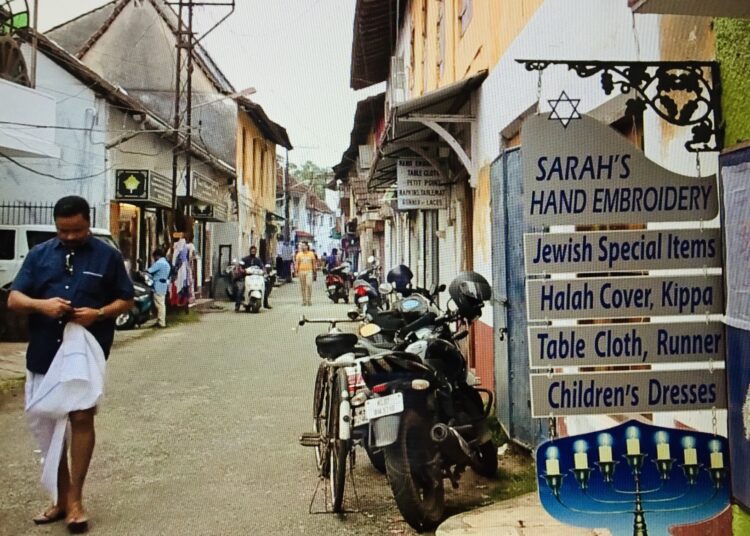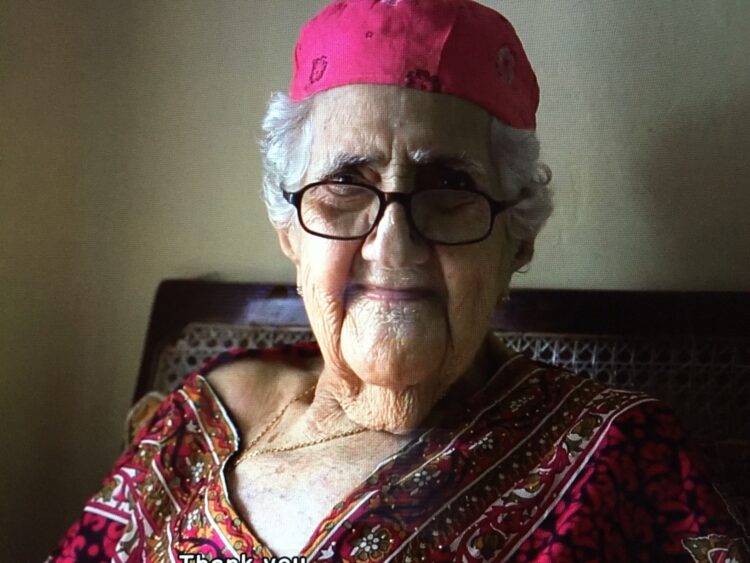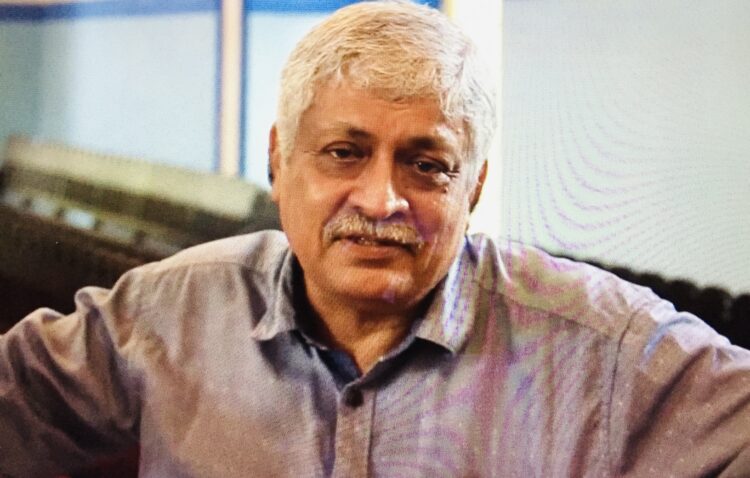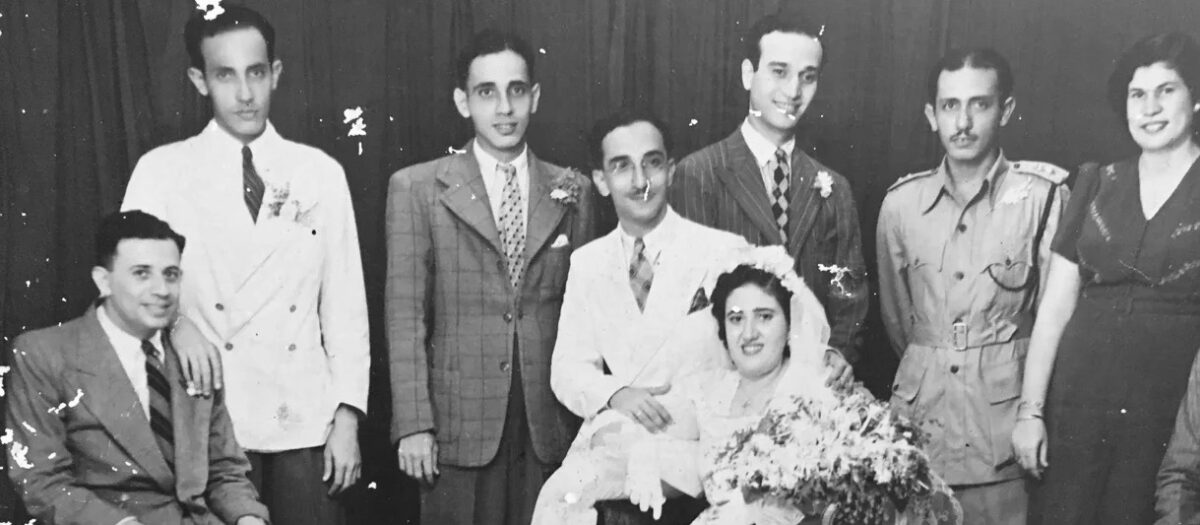Klara Trencsényi was transfixed by Sarah Cohen. “Sarah’s image wouldn’t let me rest,” she says in her documentary, The Missing Tale, which will be screened at this year’s Toronto Jewish Film Festival, which runs from June 9-26.
Cohen, one of the last Jews of Cochin, a town in south-west India, reminded Trencsényi of her Catholic grandmother and of her assimilated Jewish family in Hungary. Due to the Holocaust, which wiped out some of her father’s relatives, her family decided to keep a low profile and refrain from discussing their Jewish antecedents.
The actual connection between their ethnic and religious background is nonexistent, but she uses it as a platform to meditate on the topic at hand — the Jews of Cochin and neighboring Ernakulam, which is nine kilometres away.

Until her death at 96 on August 30, 2019, Cohen was the proprietor of a shop in Cochin’s Mattancherry district. It sold embroidered textiles ranging from yarmulkes to prayer shawls. She was descended from Jewish refugees who arrived in India from Spain in the late 15th century.
They were known as Paradesi Jews, or “white” Jews, and were distinct from Malabar Jews, or “black” Jews, who arrived in the country at least 500 years earlier.
Paradesi Jews looked down on Malabar Jews, and as two archival clips in Trencsényi’s movie indicates, they regarded them as mere converts to Judaism. As a result, they rarely, if ever, mingled or intermarried and prayed in separate synagogues. In effect, the Malabar Jews were invisible to Paradesi Jews.
Cohen, having been raised in this insular milieu, was a typical Paradesi Jew. She told Trencsényi that only seven Jews, including herself, remained in Cochin, the rest having died or emigrated. Obviously, she did not include Malabar Jews in her calculation, an omission that disappointed the Hungarian filmmaker, who identifies with Malabar Jews.

Cohen was a fixture in Jew Town, as it is locally known. Usually, she sat in a chair near an open window, watching people go by and speaking to tourists.
I interviewed Cohen nearly two decades ago during a reporting assignment in India. She was a phlegmatic woman, a childless widow whose shop was managed by a Muslim assistant, Thaha Ibrahim, who had been with her since boyhood.
The second major figure in the film is Elias (Babu) Josephai, a Malabar Jew and the owner of a pet shop whose brother lives in Israel. He resents the superior airs of the Paradesi Jews and says so bluntly.

He is immersed in a project to renovate his community’s crumbling synagogue. The renovation takes place and the synagogue receives a Moroccan Torah scroll from Israel. But as Trencsényi observes, these developments failed to revive the Malabar Jews’ community spirit.
While The Missing Tale delves into the rift that divides two Jewish communities, it leaves too many issues unsaid and falls short of providing the necessary historical context that viewers would expect from a film of this type.
Nevertheless, Trencsényi’s examination of Cochin’s splintered Jewish community is well worth watching.
